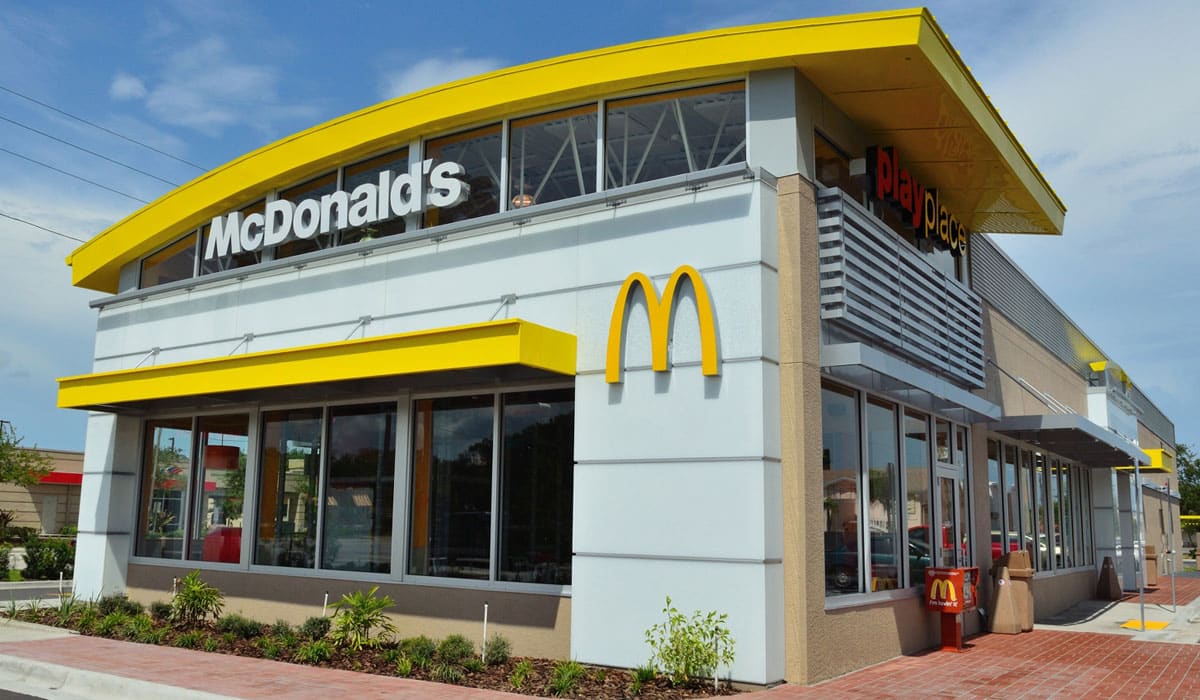McDonald’s will undergo a five-year, $250 million plan to attract more minority franchisees, the company announced Wednesday.
Under this goal, McDonald’s aims to lower upfront equity requirements and loosen rules around traditional financing so those from underrepresented groups will make up a bigger stake in the restaurant’s system. The company also said it will reach out to community organizations to find new restaurant owners and provide training and support for new franchise members.
Of McDonald’s 39,000 restaurants globally, 93 percent are franchised. Asian, Black, and Hispanic owners only comprise 29.6 percent of U.S. franchises, and women make up only 28.9 percent.
“During a period of record performance, we must challenge ourselves — even more — to invest in the future,” McDonald’s CEO Chris Kempczinski said in a statement. “Today’s announcement to attract franchisees who represent the diverse communities we serve is fundamental to that goal and builds on McDonald’s rich history and pride in reflecting those we serve.”
It’s McDonald’s second notable commitment to diversity in the past few months. In July, the chain announced that it would increase its purchases from diverse-owned U.S. suppliers to $3.5 billion, or 25 percent of its yearly spending, by 2025.
The financial investment comes as the chain faces waves of criticism concerning diversity, especially from the Black community. In January 2020, McDonald’s was sued by two Black executives who said they were demoted due to racial discrimination.
In August 2020, a group of roughly more than 50 Black former franchisees (which later grew to roughly 80) filed a lawsuit accusing McDonald’s of pushing them toward impoverished areas and not providing the same opportunities as their white counterparts. In February, Herb Washington, a Black former MLB player and current McDonald’s franchisee, alleged racial discrimination in another lawsuit.
In response, McDonald’s categorically denied accusations, and stated while it recommends locations, operators ultimately choose the area. It also insisted that “success is promised to no one, and Plaintiffs’ struggles—while regrettable—are simply not a basis for a claim against McDonald’s.”
Kempcizinski recently faced his own outcry in the wake of a fatal shooting in the parking lot of a McDonald’s. In a text message exchange with Chicago Mayor Lori Lightfoot, the CEO appeared to blame the deaths of two children, one Black and one Hispanic, on their parents.
He later apologized for his texts.
“I have not walked in the shoes of Adam’s (Toledo) or Jaslyn’s family and so many others who are facing a very different reality,” he wrote in a letter to employees. “Not taking the time to think about this from their viewpoint was wrong.”
Early into 2021, McDonald’s announced it would tie executive compensation to achieving diversity goals in the next five years. The chain wants to grow women leadership from 37 percent to 45 percent by the end of 2025 and increase representation of minorities in leadership roles from 29 percent to 35 percent.











